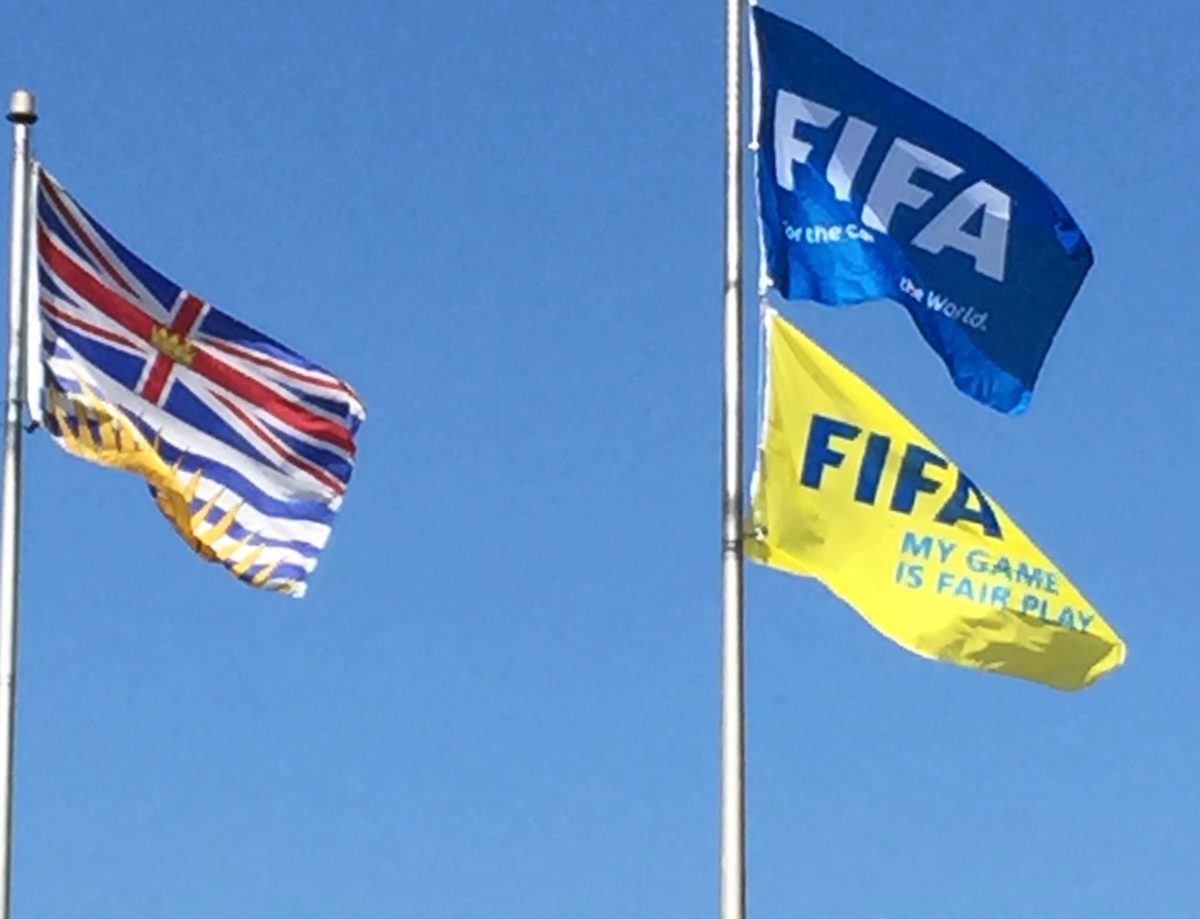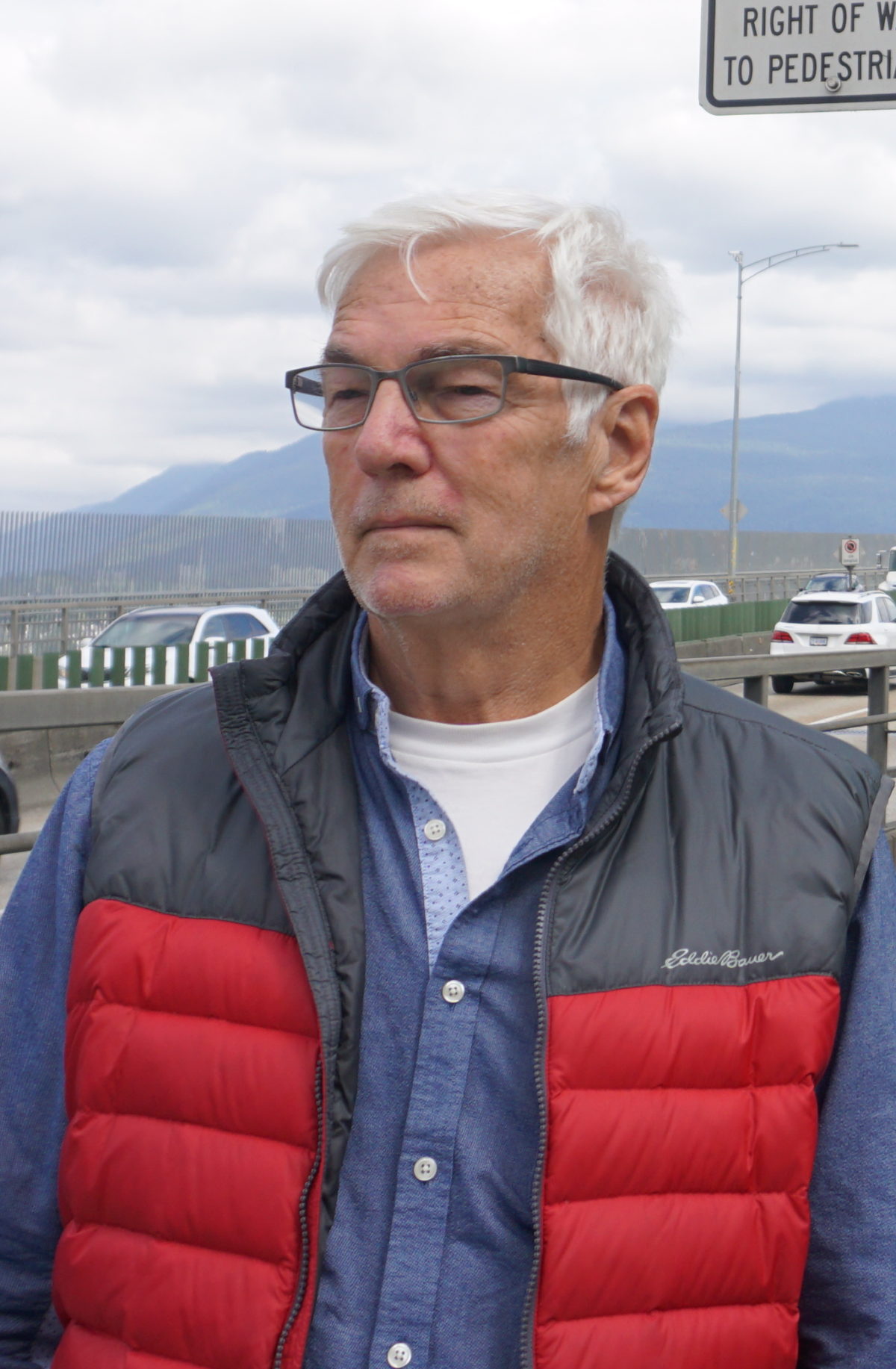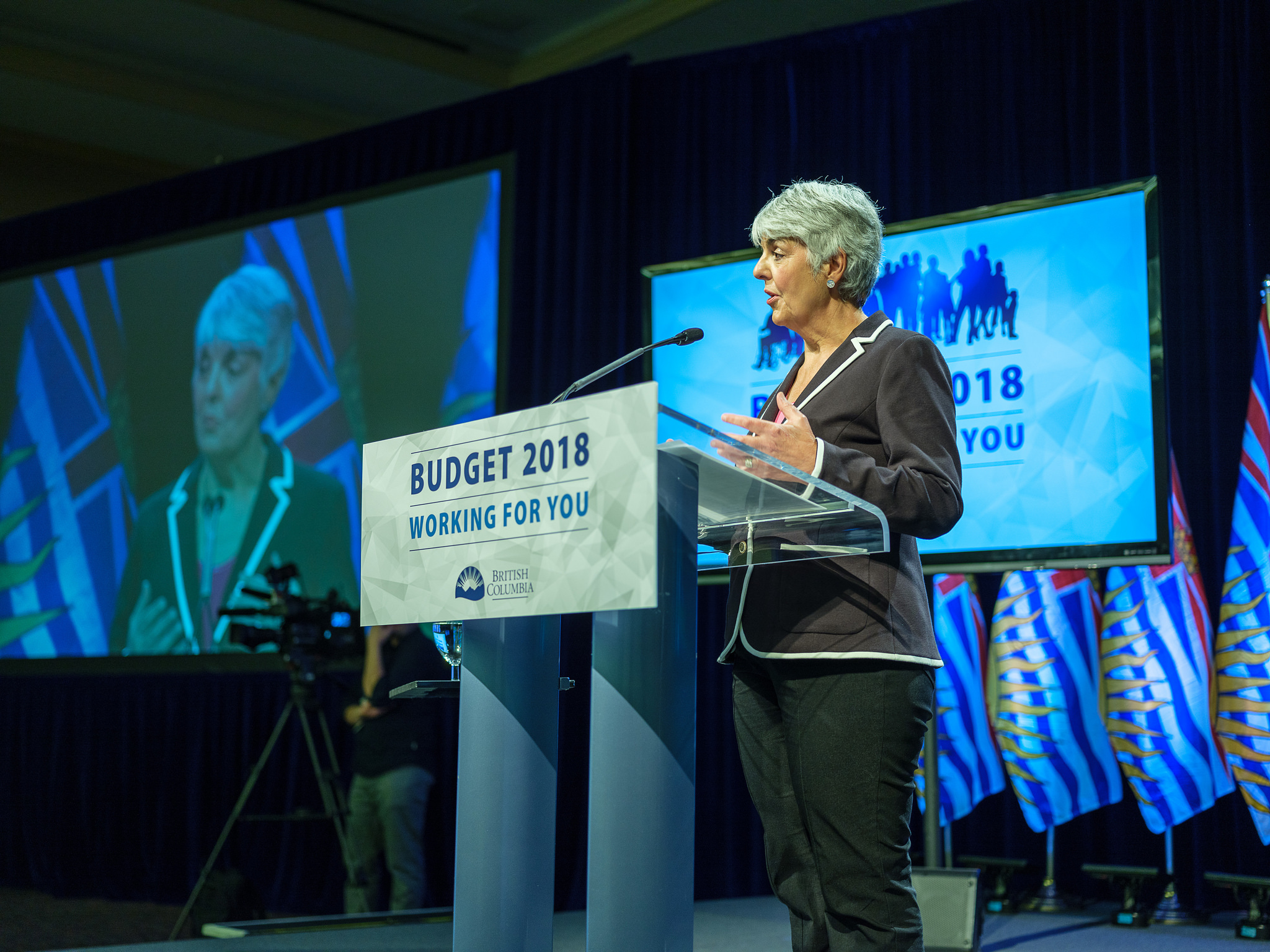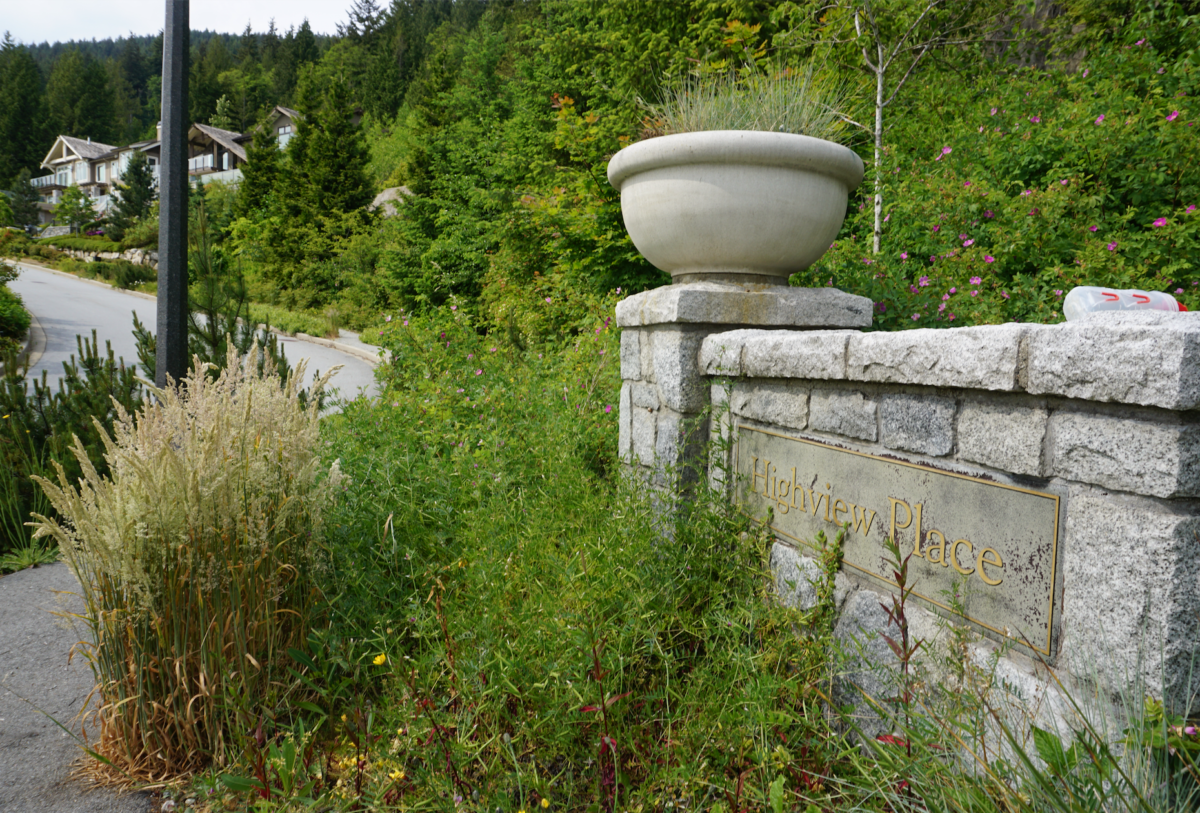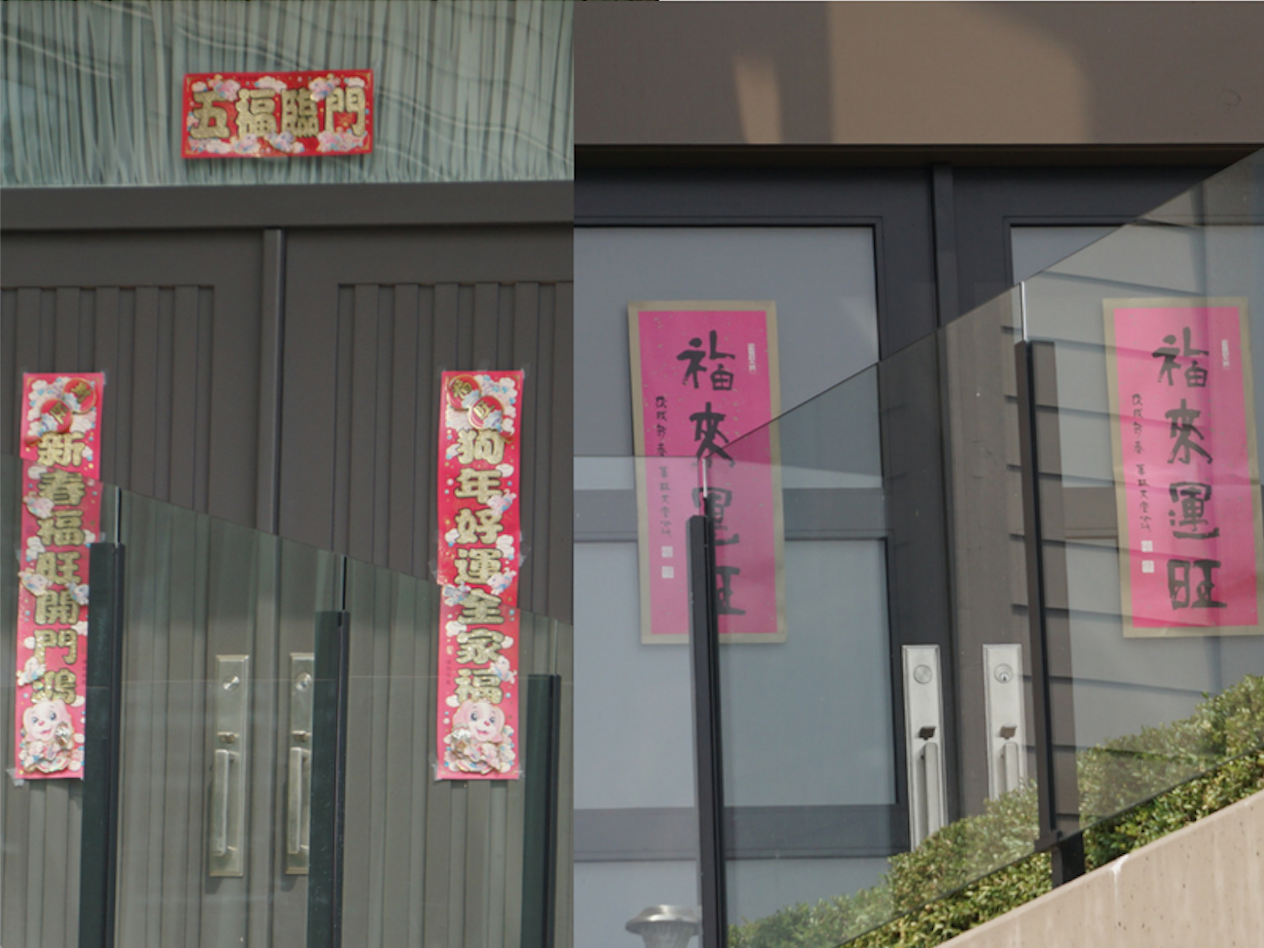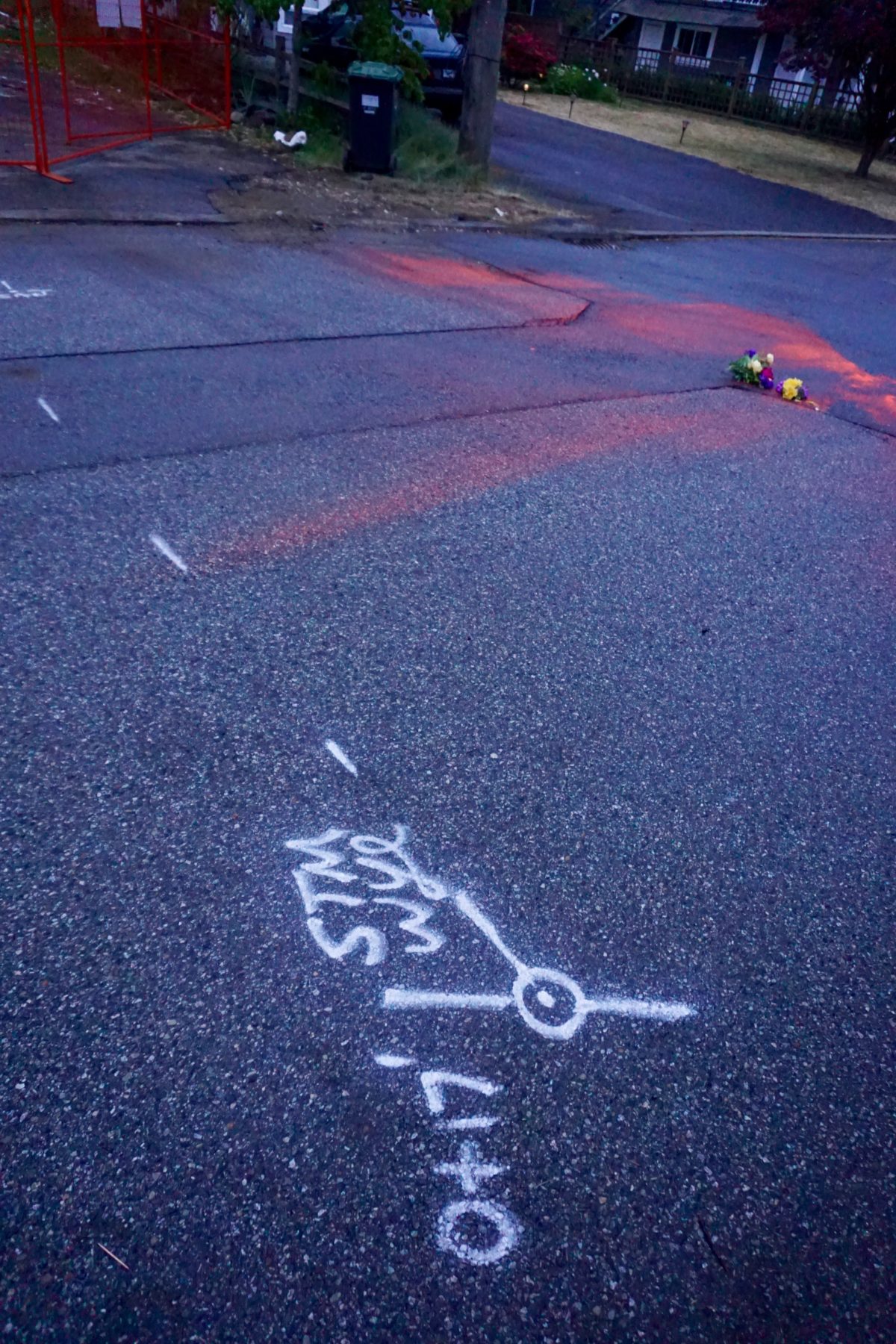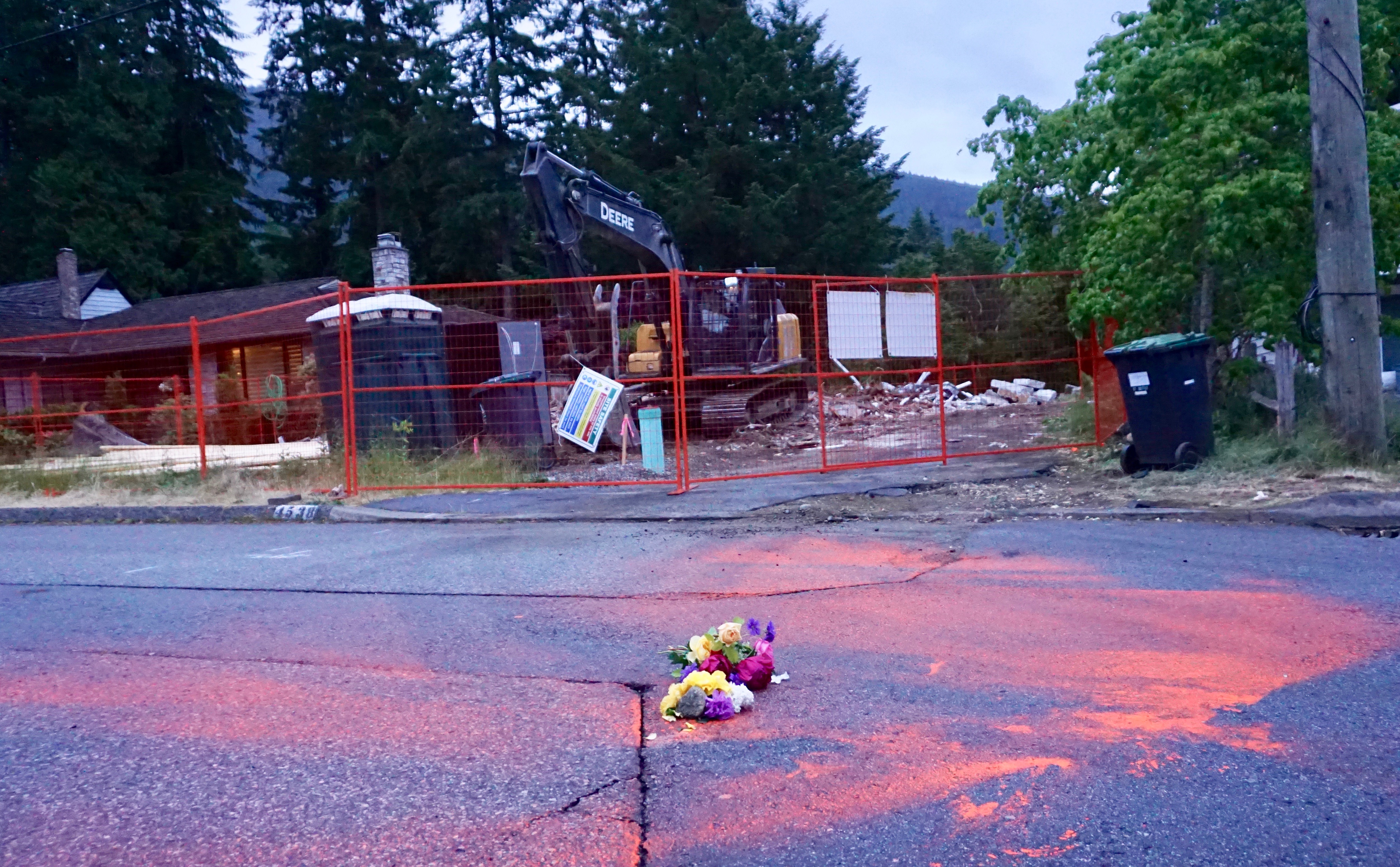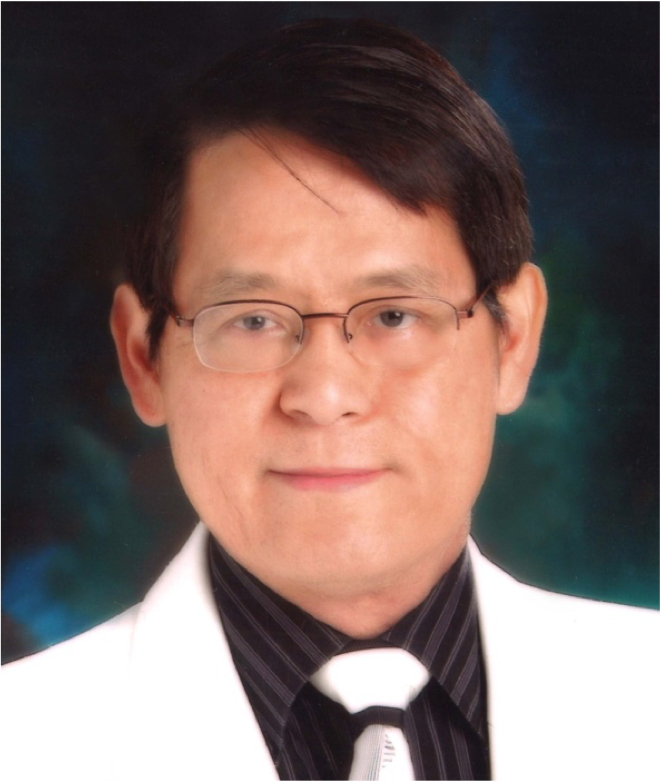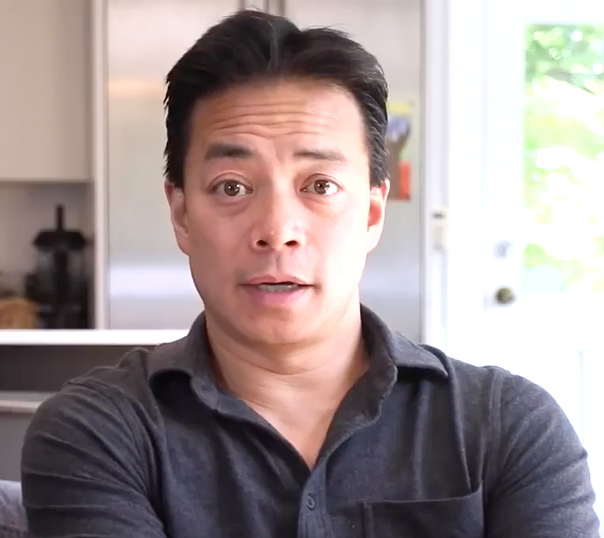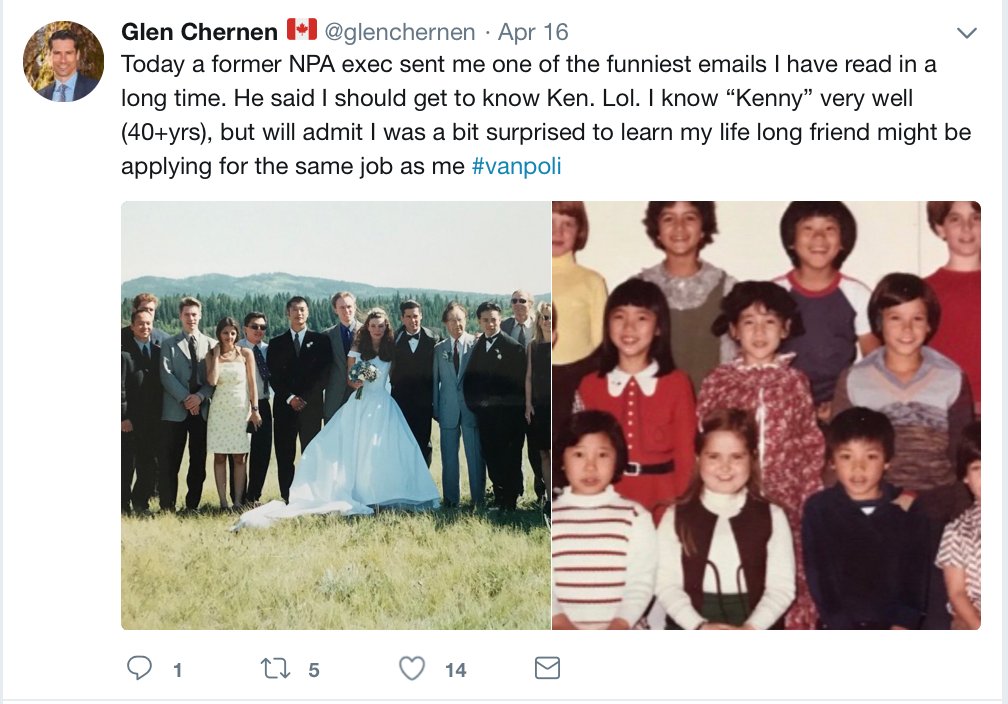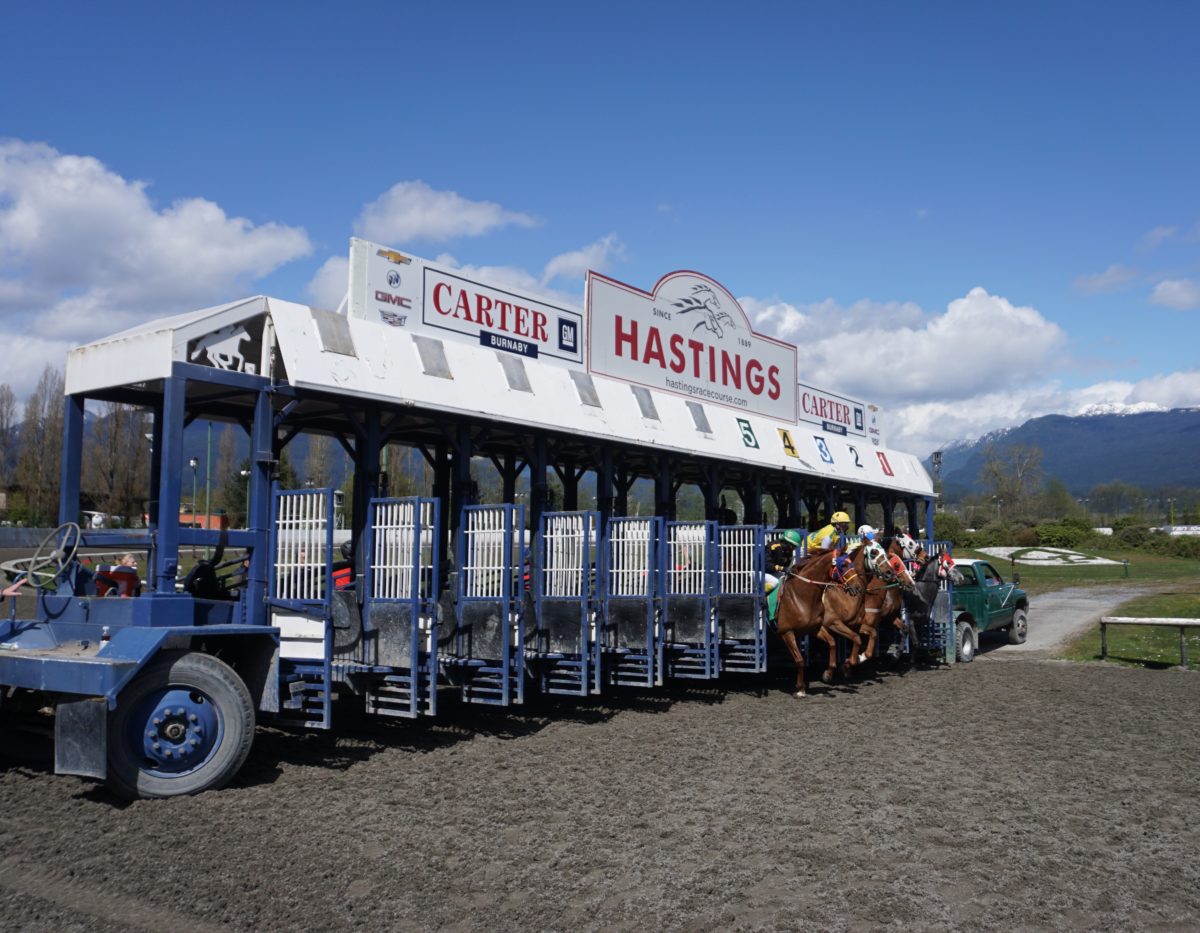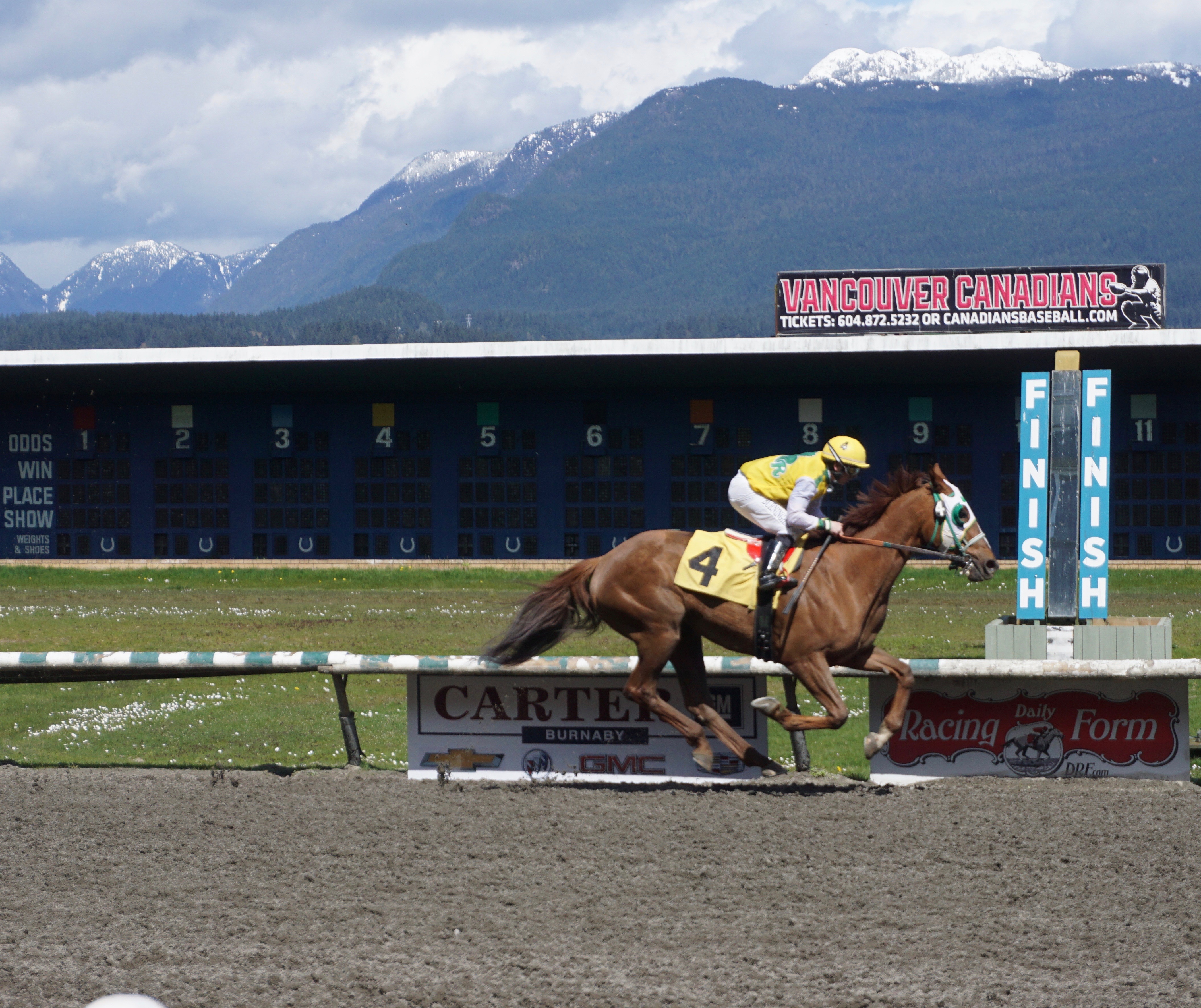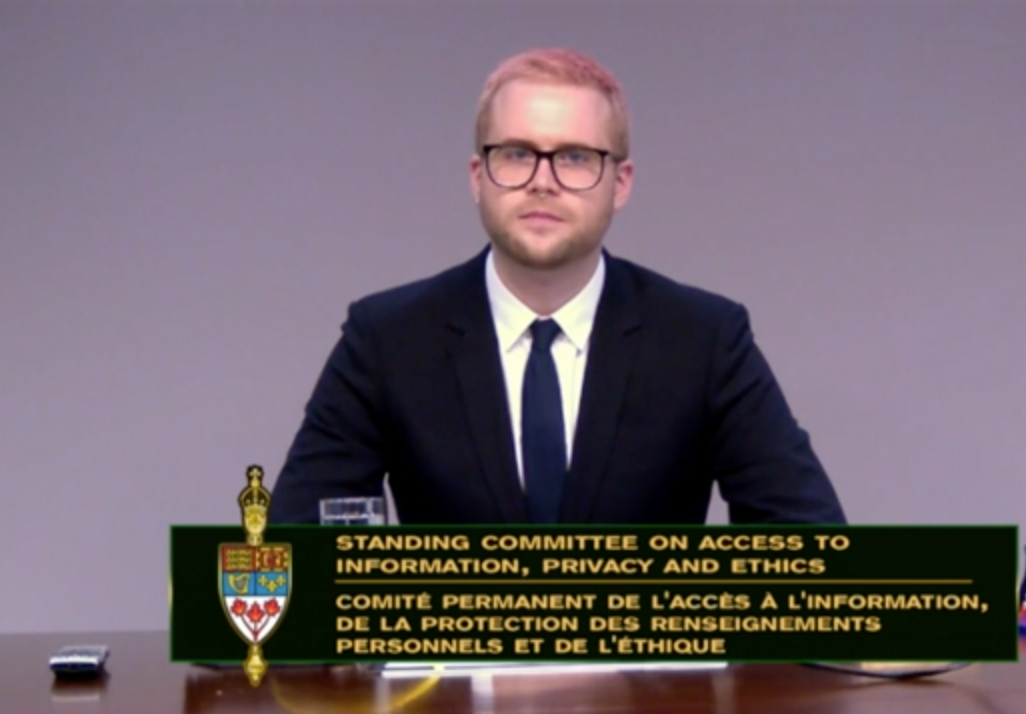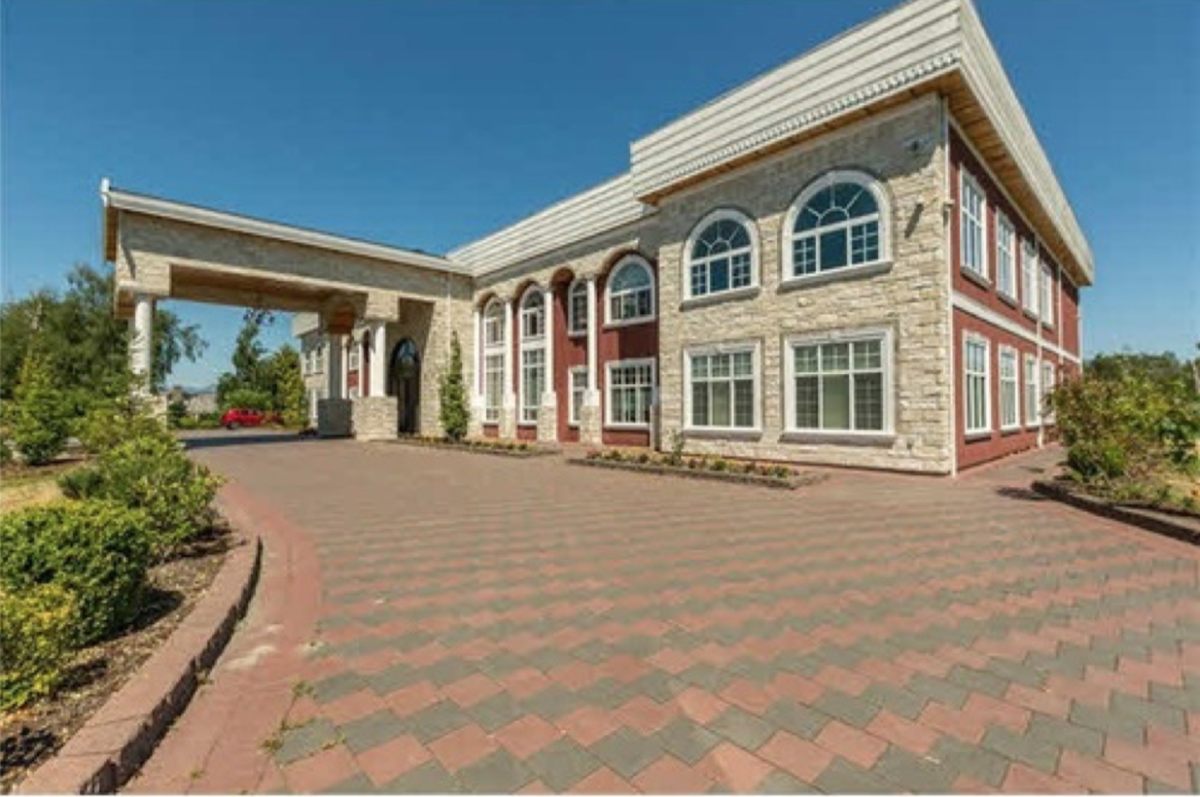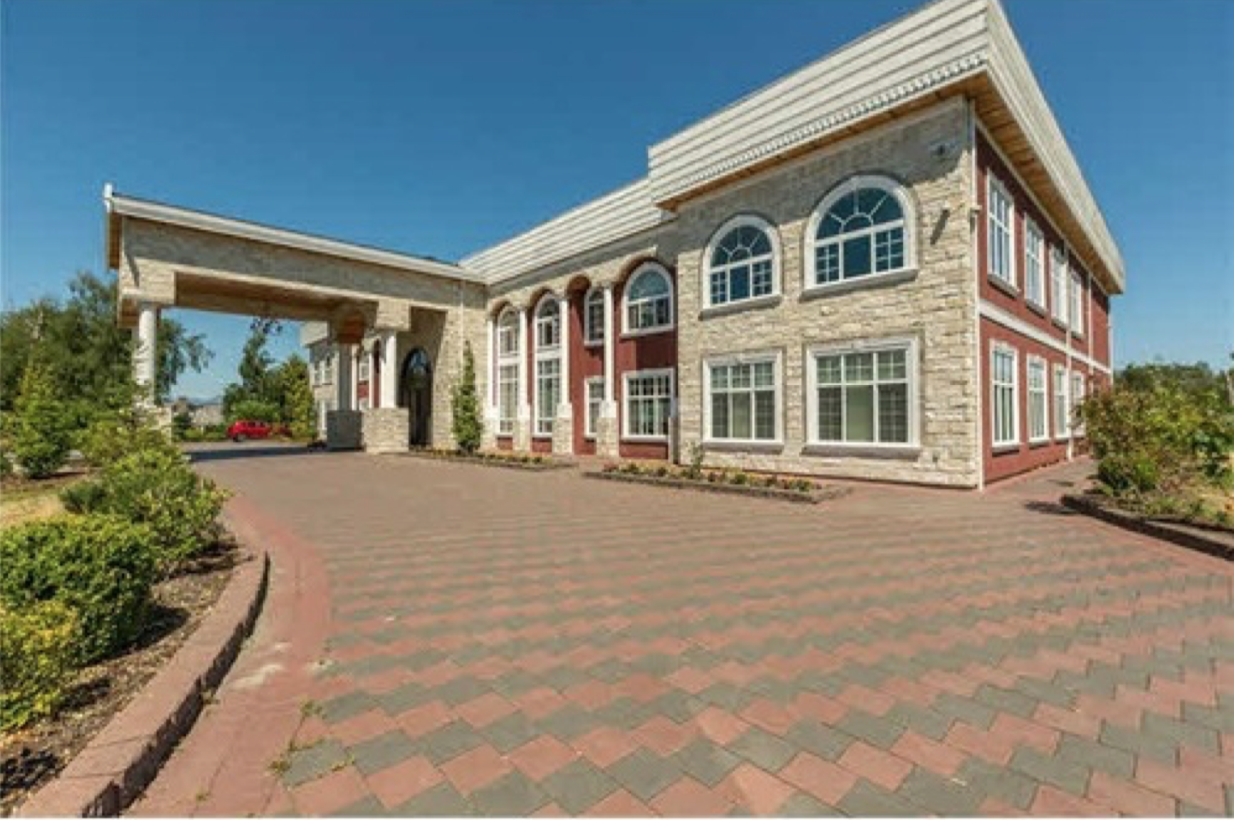Exclusive: Stadium boss rebuffed FIFA’s greedy 2026 bid demands
Bob Mackin
In a letter obtained by theBreaker, the executive in charge of B.C. Place Stadium told the lawyer for North America’s 2026 World Cup bid committee that he could not agree to FIFA’s demands without further negotiation.
“While we agree in principle to many of the terms contained in the Stadium Agreement [SA] provided, certain key terms of the document are so uncertain and broad in scope, and pose unacceptable risk, that they prevent PavCo at this time from providing an irrevocable offer in response,” B.C. Pavilion Corporation CEO Ken Cretney wrote on March 9 to Michael Kuh of New York’s Latham and Watkins firm. “PavCo is therefore unable to sign the SA as provided, or provide a legal opinion regarding the enforceability of the SA.”
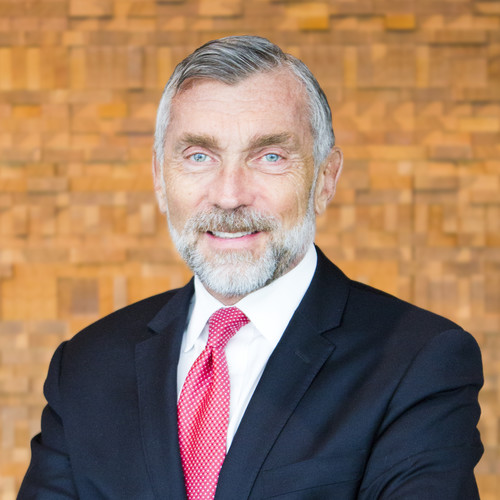
PavCo CEO Ken Cretney (PavCo)
A week later, on March 16, the United Bid committee submitted its 23-city hosting proposal to FIFA without Vancouver, which hosted FIFA’s 2015 Women’s World Cup final. Chicago, Minneapolis and Glendale, Arizona also withdrew bids after similarly deeming FIFA’s demands too rich.
On June 13 in Moscow, FIFA’s 211-member congress will choose between the joint U.S./Mexico/Canada bid and Morocco.
Cretney’s letter, obtained under the freedom of information law, said the proposed terms of the stadium agreement are “unnecessarily broad, create unacceptable risks and require further clarification and information.” He wanted more information on the “broad and expansive” indemnities, guarantees and waivers in order to ask the Ministry of Finance whether it would agree to indemnify FIFA.
“The SA provides for the payment of certain fees to PavCo, but it is unclear whether such fees will include inflation escalators. As the expectation is for PavCo to incur future significant and yet unknown costs imposable by FIFA until 2026, the inflation risk is significant and requires further discussion.”
Cretney wrote that PavCo could not accept safety and security obligations on behalf of other governments and parties or be stuck having to negotiate the rent of land for tournament-related uses.
“The potentially significant costs and other complexities of securing control of property owned by third parties will require further discussion, clarity and certainty.”
The playing surface was the last of PavCo’s six grievances.
“A natural grass pitch that meets FIFA requirements would need to be installed over the current artificial turf at B.C. Place Stadium. Costs related to the installation of a grass turf and related watering, maintenance and lighting systems, all currently excluded from the draft Stadium Rental Fee, will require agreement and confirmation of a source of funds. Additionally, the parties will need to address the requirement for a contingency pitch.”

United Bid 2026
Kuh replied on March 11, but the NDP government has not yet released the letter. On March 13, Deputy Tourism Minister Sandra Carroll reiterated the desire of B.C. and PavCo to host 2026 World Cup matches, but not on terms dictated by FIFA.
“We are well-equipped to continue hosting and supporting international competitions and expect our partnerships with the Government of Canada, the United States and Mexico would mean a successful FIFA World Cup in 2026,” Carroll wrote. “We agree, in principle, with many of the terms contained in the Stadium Agreement, we do have some concerns about the costs to British Columbia taxpayers. Certain key terms of the SA are so broad in scope that, based on our legal counsel advice, we believe that they may pose unacceptable risks to PavCo and its shareholder, the Province.”
In March, theBreaker reported that FIFA demands the 2026 World Cup host agree to pay all security costs, give FIFA a 10-year tax holiday, relax labour laws, and allow the import and export of unlimited sums of foreign cash.
A committee evaluating the two bids deemed Morocco’s venue, transportation and hotel plans high risk. Should the United Bid win the vote, FIFA stands to gain a US$300 million bonus from North American rights-holding broadcasters, including Fox. FIFA reported US$1.27 billion in the bank through 2016.
FIFA is still reeling from the US$150 million corruption scandal that led to the end of Sepp Blatter’s presidency in 2015.
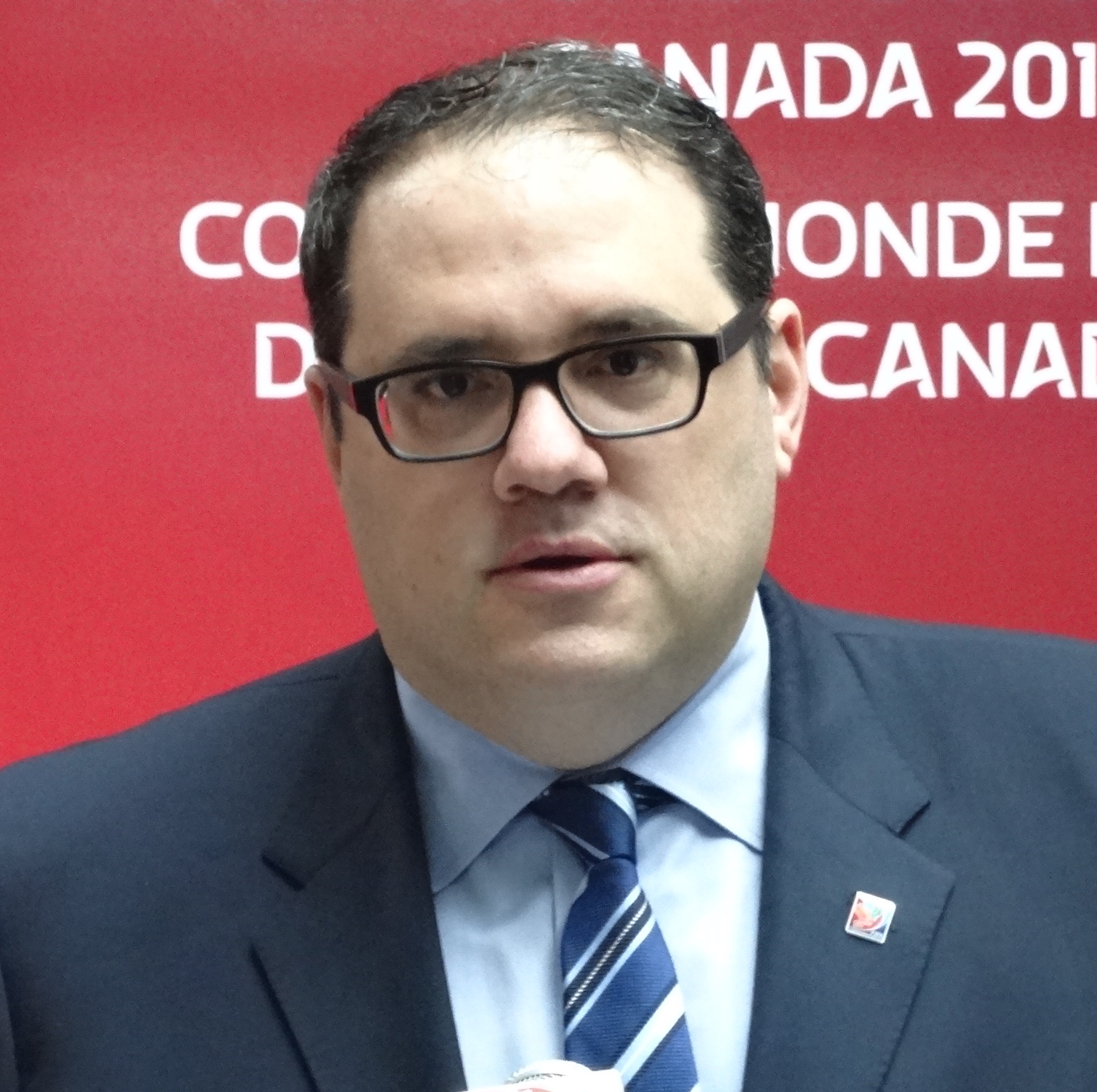
FIFA vice-president Victor Montagliani (Mackin)
In April, the New York Times reported FIFA vice-president and United 2026 board member Victor Montagliani of Vancouver was paid US$2 million last year, more than his superiors at FIFA and at the European confederation. CONCACAF boss Montagliani is the former president of the Canadian Soccer Association, which reported a $2.26 million loss for 2017.
The CSA’s $20.6 million revenue included $7.4 million in membership fees paid by associations, teams and registered players, $3.6 million in grants from taxpayers and $1.26 million from FIFA and CONCACAF.
Of the $22.8 million expenses, the CSA’s biggest cost was its senior men’s and women’s teams at $5.8 million. It spent nearly $5 million on administration, meetings, marketing and communications, and $270,000 on the 2026 bid.
Neither Canada nor the U.S. qualified for the Russia 2018 World Cup, which kicks-off June 14. Mexico’s first opponent, on June 17, is defending champion Germany.
Support theBreaker.news for as low as $2 a month on Patreon. Find out how. Click here.
TAC 2018 82232 TheBreaker by BobMackin on Scribd
Bob Mackin In a letter obtained by theBreaker,






